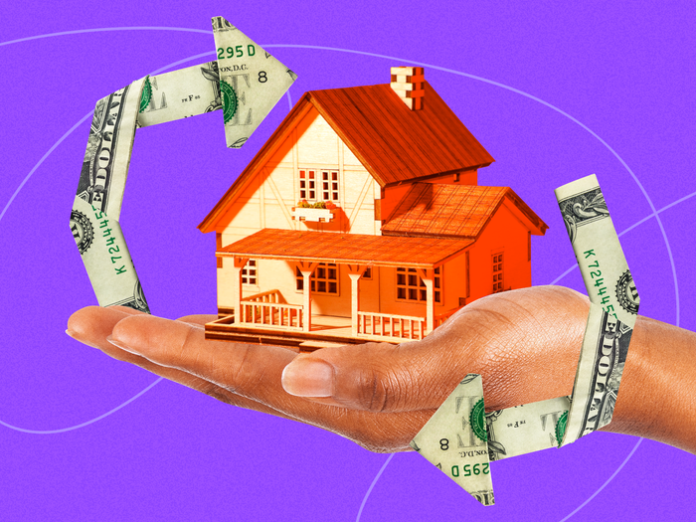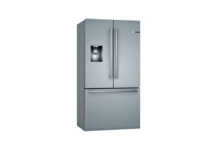Are you looking to invest in property? If so, you may be wondering, “Should I rent or buy a house?”
Buying a home can lead to a road of passive income if you handle it right. This income, which should take little effort to get on your part, can help you save for retirement, help you retire early, or simply be the way you hit financial goals faster. You can do this by turning real estate you’ve purchased into a rental property.
How Much to Spend
If you are new to this, you want to purchase property that’s modest and stable. Try to pay for it in all cash or as much as you can. Don’t go into debt in order to invest. Buy something that’s priced at about 70% of what it’s worth on the market.
Where to Buy
Look for areas with good schools, good reputations, and neighborhoods where real estate prices have steadily increased over the years.
This will help attract the type of tenants you want, those who are reliable and responsible. They’ll be more likely to pay on time and less likely to cause damage to your property.
Also consider places that are close to major highways and public transportation, as that appeals to renters.
Keep Cash Flowing
When owning a rental property, your main goal is to gain appreciation while earning steady cash flow. This cash flow becomes your bottom line in terms of providing an income and being able to take care of your property.
Be Picky About Who You Rent To
Make sure you are screening tenants thoroughly. Bad tenants can become costly, through things like property damage or a long eviction process if that’s what it comes down to.
Check all records and references.
Hold Fast To Your Rules
Becoming a landlord at first can be daunting, but one thing to make sure you adhere to from the get-go is your rules for tenants.
Hold tenants accountable once you’ve laid the groundwork out for them completely. Specifically, push to collect rent on time. It’s easy for tenants to fall into a pattern of paying late if you’re kind and give allowances for when they hand the payment in.
Be Active
Build a relationship with your tenants by keeping in regular contact. They will be more likely to come to you with any problems on the property, possibly saving you money in the long run if there’s some sort of repair that would have become more costly over time if gone unchecked.
Stick With What Works
You’ve invested in your first rental property, have tenants moved in, and the process has been ongoing for months with few issues.
Identify what you did that worked, and what you did that may have room for improvement. Take note and repeat the process in a refined way to invest in yet another piece of property.
If you do this over time you can build up a set of homes or apartments to rent out, keeping that aforementioned cash flow moving freely.


















